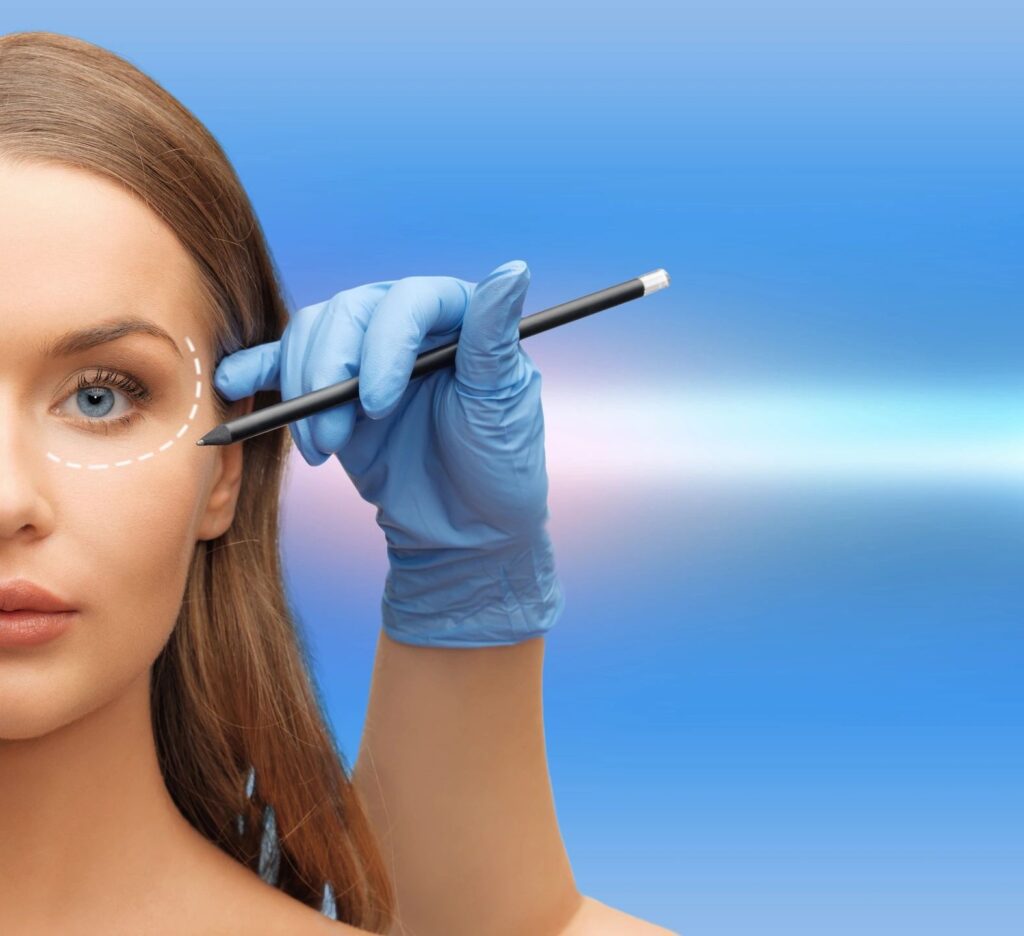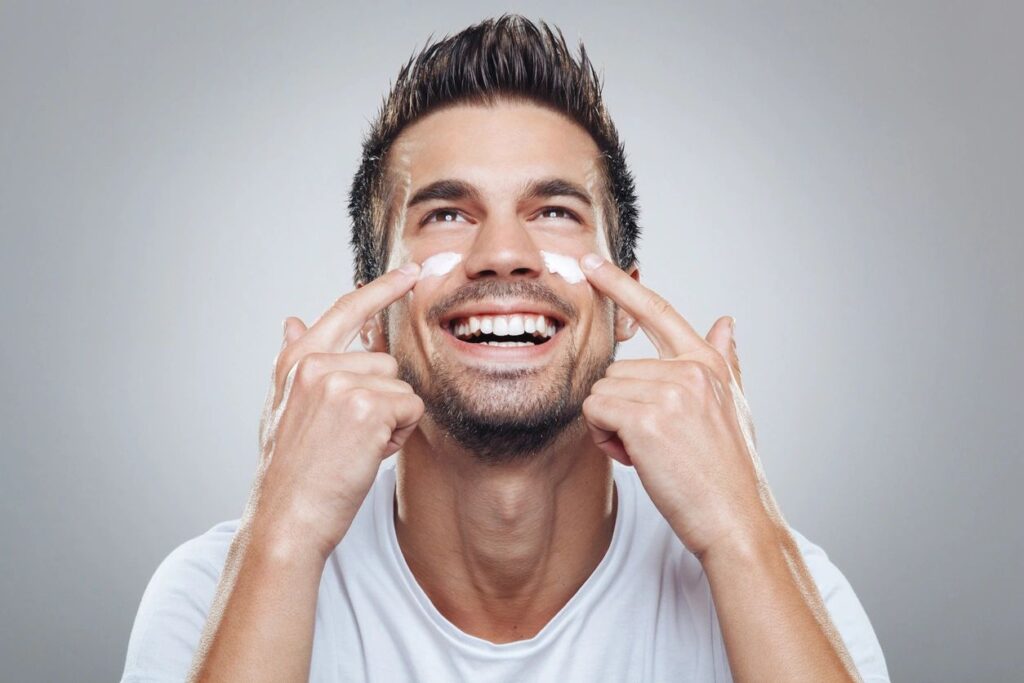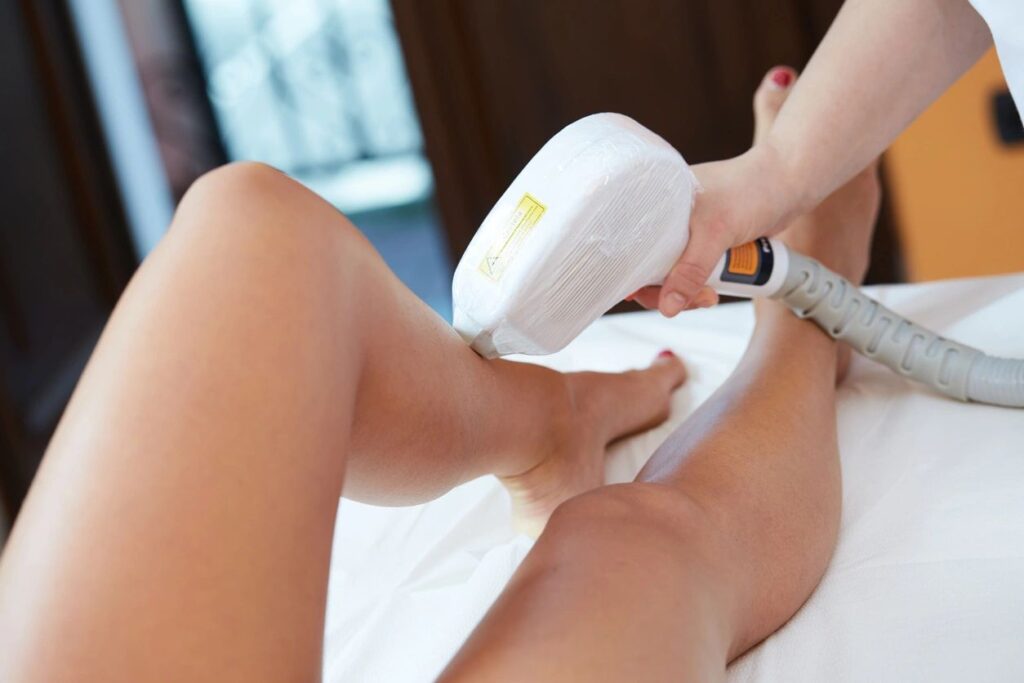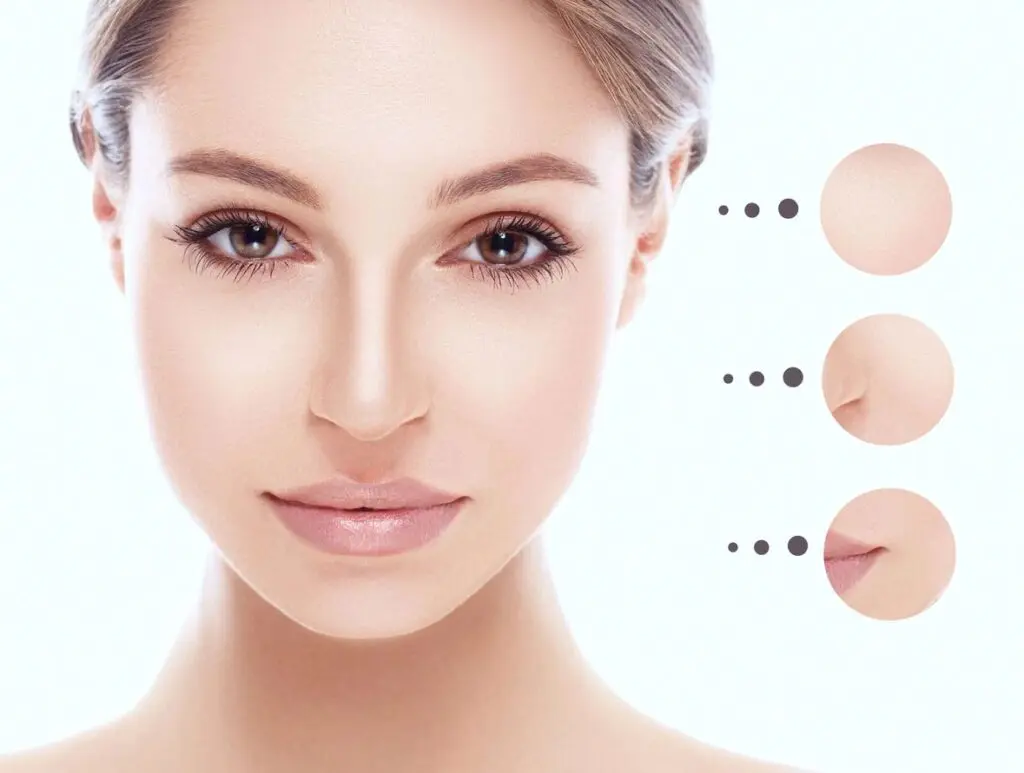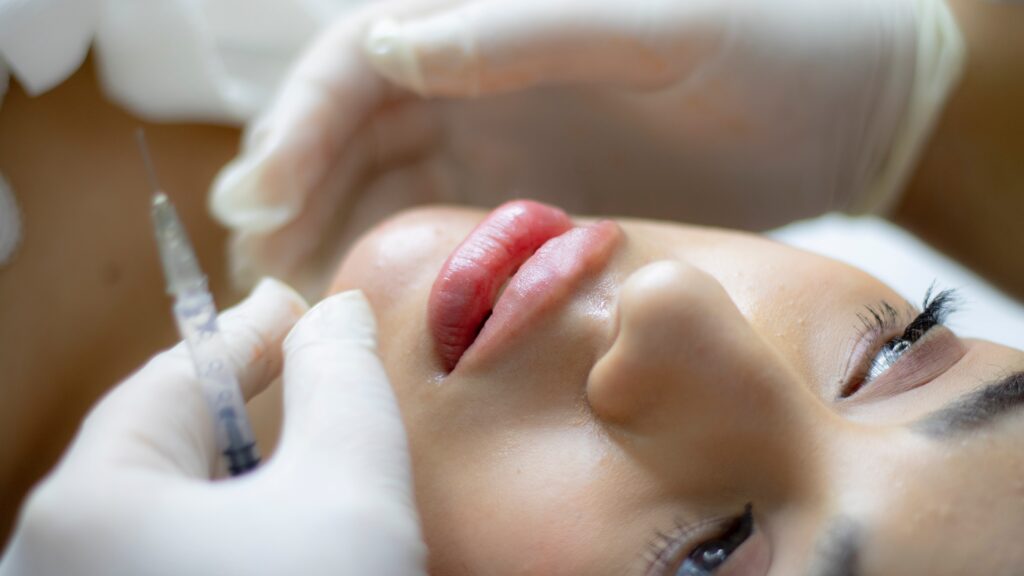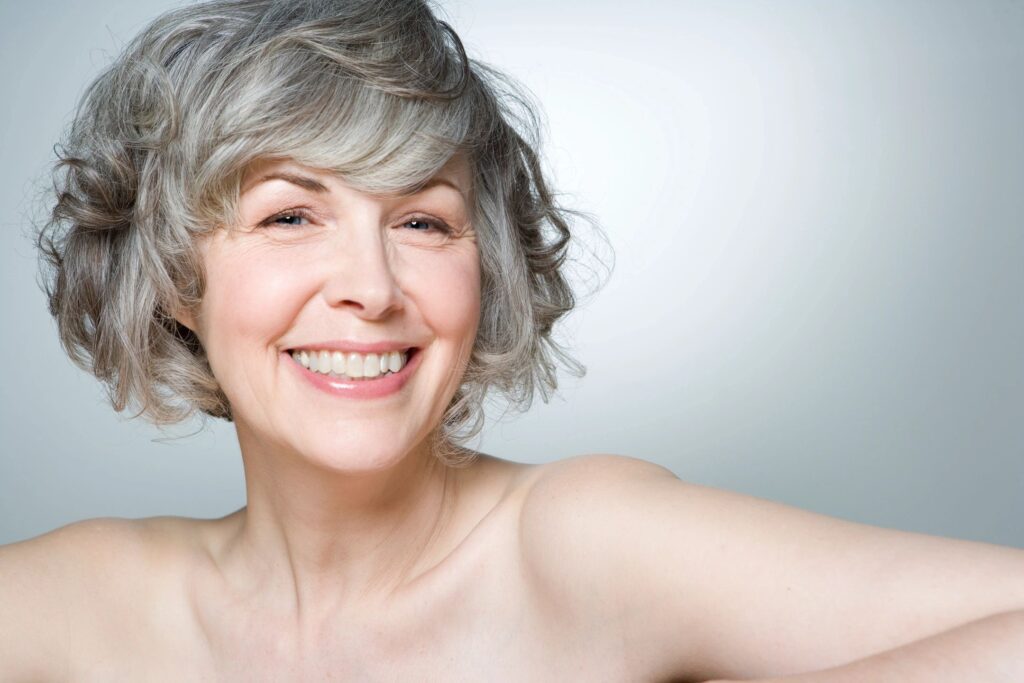BLACK SALVE NOT RECOMMENDED FOR SKIN CANCER
By Robert S. Bader, M.D., Dermatologist |
According to a study published in the Journal of the American Academy of Dermatology, 74% of persons using black salve were not aware of the possible side effects of the remedy, including infection, scarring, and disfigurement. Black salve can destroy the top layer of skin, but most cancers lie beneath this layer and continue to grow….
NEW “LASER” TO TREAT SKIN CANCER
By Robert S. Bader, M.D., Dermatologist |
Every day a patient contacts me as a nearby Dermatology group is running a television advertisement of a new treatment for skin cancer that does not require surgery. Interestingly, every patient says it is a laser. Well, this is not the case. This “new” treatment is not new at all. It is electron beam treatment,…
Photodynamic Therapy
By Robert S. Bader, M.D., Dermatologist |
Photodynamic Therapy Photodynamic therapy, or “PDT”, is a therapy in which a chemical is applied to the skin and left to dry for some time and the skin is then exposed to a light source. PDT is used to treat many condition, including wet age-related macular degeneration, pre-cancers of the skin (actinic keratosis), basal cell…
Radiation
By Robert S. Bader, M.D., Dermatologist |
Radiation This treatment is quite costly (often in excess of $15,000) and is usually reserved for those who are late-middle aged or elderly who are not good surgical candidates or do not wish to undergo surgery. Healing can be excellent, although 9 or more treatment sessions are needed, depending upon the depth of the tumor…
5-Fluorouracil
By Robert S. Bader, M.D., Dermatologist |
5-Fluorouracil Cream (Efudex®, Carac®). This chemotherapy cream has been used for decades for the treatment of actinic keratosis, which are pre-cancerous growths. It is also FDA approved for the treatment of non-facial superficial basal cell carcinomas (ones that are not on the face). Treatment results in mild to severe skin irritation, appearing as redness and…
Imiquimod
By Robert S. Bader, M.D., Dermatologist |
Imiquimod (Aldara®) Cancer cells are not normal cells and therefore the body can recognize the change and can kill the atypical cells. Many new cancer treatments work by boosting the body’s natural immune response to help kill the atypical cancer cells. Such treatments include melanoma vaccines. Aldara, also known as imiquimod, is a topical cream…
Excision
By Robert S. Bader, M.D., Dermatologist |
Excision The tumor along with a margin of normal appearing skin is marked with a sterile marking pen. The area is numbed with lidocaine (Xylocaine) and adrenaline using tiny needles. The tumor is cut out with a scalpel and almost always stitched together. The removed skin is sent to a laboratory and examined to ensure…
Electrodesiccation and Curettage
By Robert S. Bader, M.D., Dermatologist |
Electrodesiccation and Curettage The area is numbed using a tiny needle. The tumor is scraped out using a sharp instrument, called a curette (see photo below), and the base of the wound is burned using an electrical instrument called a Hyfrecator (see photo below), or, less commonly, with a laser. After the treatment, an open…
Mohs’ Micrographic Surgery
By Robert S. Bader, M.D., Dermatologist |
Mohs’ Micrographic Surgery Mohs’ Micrographic Surgery is a highly specialized method of removing and examining cancerous tissue to ensure its removal. Frederic Mohs first invented this procedure, which is named after him. For the most common forms of skin cancer (basal cell carcinoma and squamous cell carcinoma), this procedure has the highest cure rate (least…
CHOOSE THE BEST MOHS’ SURGEON
By Robert S. Bader, M.D., Dermatologist |
According to a recent study, there is great variation from one Mohs’ surgeon to another when having Mohs’ surgery. In this study, they found that the mean number of stages per case was 1.47 (range, 1.09-4.11). The variation in range is huge!!! Thirty-five percent of surgeons were persistent outliers (performed more stages than the mean) in all three…

